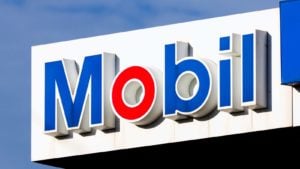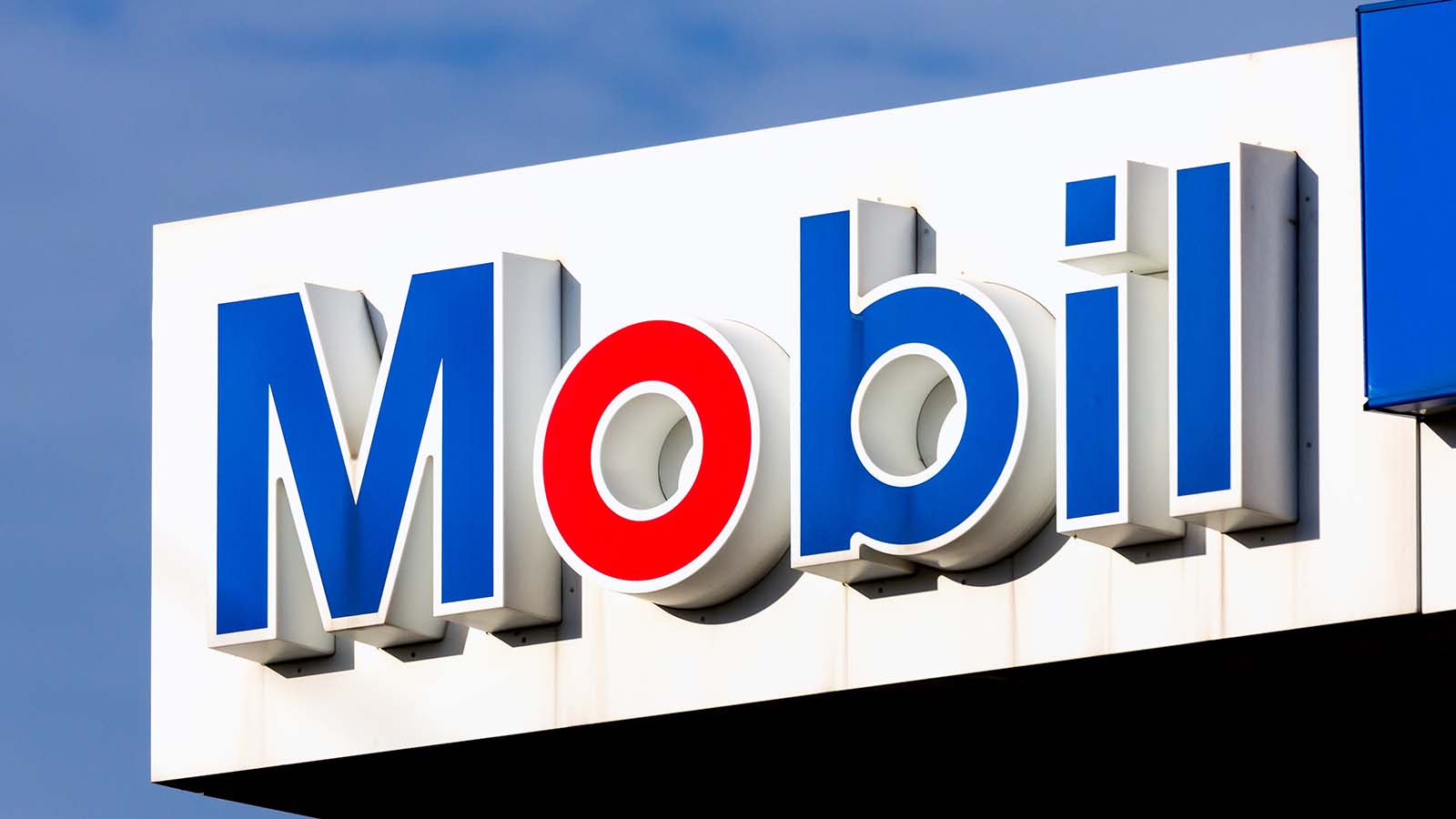Exxon Mobil (NYSE:XOM) stock gained 12.7% in trading Monday. But that gain is not nearly enough to offset what has been a truly stunning decline.

Even with the rally, XOM stock has lost 47% of its value so far in 2020. The S&P 500 has gained more than 10%. Obviously, energy has badly undeperformed, but Exxon Mobil hasn’t been able to outperform its industry. The Energy Select Sector SPDR Fund (NYSEARCA:XLE) has performed marginally better with a 43% fall. Exxon’s fellow diversified megacap Chevron (NYSE:CVX) has declined “just” 31%.
The longer view looks just as negative. Before the decline, Exxon stock was nearing March lows — which represented the stock’s lowest level in 17 years.
The swift, steep decline creates the same question a plunge always does. Has the market overreacted, and created a buying opportunity — or is it appropriately responding to new information?
With positive news from Pfizer (NYSE:PFE) on the vaccine front, investors seem to be betting that the renewed sell-off indeed was an overreaction. I wouldn’t be so sure.
A Changing World
As bad as XOM stock looks on its own, it’s truly staggering to consider its performance relative to a stock that not that long ago was trailing Exxon Mobil in terms of value.
As recently as July 2013, Exxon Mobil was the most valuable company in the world. Over the first half of that year, it and Apple (NASDAQ:AAPL) exchanged the No. 1 and No. 2 positions on several occasions before Apple surpassed Exxon for good.
Since then, XOM has declined 60%. AAPL has rallied more than 600%. Apple is still the world’s most valuable company (though it’s lost its crown a few times along the way). Chinese e-commerce play Pinduoduo (NASDAQ:PDD) wasn’t even founded until 2015, yet last week had a higher market capitalization than Exxon Mobil. Tesla (NASDAQ:TSLA) is worth more than two and a half times as much.
It’s that last data point that gets to the core problem facing Exxon Mobil: the world has changed, and continues to change. Electric vehicle adoption, pushed by Tesla, is accelerating. Soaring stock prices across the space and an increasing number of sector plays going public both show how positive is investor sentiment toward the industry.
Obviously, gasoline demand isn’t going to zero overnight. Oil demand will continue for decades given its role in the manufacture of plastics and chemicals.
But demand may well be at or awfully close to a peak. A vaccine-driven “return to normalcy” may provide a short-term boost to that demand. But as we’ve seen over and over in recent years, U.S. producers can’t help but ramp up supply in response. A vaccine doesn’t mean a return to what bulls see as more ‘normal’ crude prices. Indeed, this may well be the new normal, given the changing economic and industrial landscape.
A Great Business?
That problem gets to what increasingly looks like a core problem for XOM stock: Exxon Mobil simply may not be that good a business anymore.
The upstream (i.e., exploration and production) business has been nauseating cyclical for most of this century. Even a behemoth like Exxon Mobil has little, if any, control over pricing. U.S. shale has proven to be a graveyard for investor capital. International E&P is fraught with risk.
The midstream business faces long-term demand problems. Pipeline operators like Magellan Midstream Partners (NYSE:MMP) and MPLX (NYSE:MPLX) too have plunged; both stocks offer double-digit dividend yields.
Downstream operations, meanwhile, face potential pressure from persistently lower gasoline prices (which generally lead to lower profit per gallon). It’s even possible that convenience sales (the real money maker) will take a hit amid the proliferation of same-day and near-instant delivery services.
It’s possible crude finds a rally, which could ameliorate these problems in the short term, and perhaps even a bit beyond that. But from a long-term perspective, Exxon Mobil no longer seems like quite the business it was just a few years ago. And that’s why so many stocks have passed XOM over the past seven-plus years.
But XOM Stock Is Cheap!
To be fair, some of those pressures no doubt are priced in by the 47% YTD decline. And from certain viewpoints, XOM stock looks awfully cheap.
Relative to near-term profit, the stock still looks expensive at 26.5x forward earnings. But higher oil prices could easily change that.
It’s the balance sheet and the dividend that seem to scream value. XOM stock trades at a discount to book value, after trading above 2x for the first half of this decade. Meanwhile, even with Monday’s pop, the dividend yield sits at 9.4%. Exxon isn’t raising the payout for the first time since 1982, but nor has it instituted a dividend cut as many fear.
Perhaps XOM stock is cheap enough. But I’d note risks to both metrics that seem to signify the stock is too cheap. As far as book value goes, it’s going to come down. Barring a quick and sustained spike in crude prices, Exxon will have to write down its acreage, as the company admitted in August. Chevron already has taken a $10 billion write-down; if Exxon Mobil did the same, the gap between book value and market capitalization would be halved.
As far as the dividend goes, it’s still at risk. Exxon already has been funded the payout through increased debt. It can’t do so forever. And other once-great companies like AT&T (NYSE:T), IBM (NYSE:IBM) and Altria (NYSE:MO) have seen their stocks continue to slide despite ever-high yields.
More Than Numbers
More broadly, a couple of metrics aren’t enough. Exxon Mobil’s long-term prospects look weaker than they did just a few years ago. Management hasn’t inspired much confidence that it can guide the company through a rocky stretch. The company was late to shale, made a terrible deal with its acquisition of XTO Energy, and has seen its stock underperform other diversified O&G names.
Higher oil prices would help, certainly. But they’d help more narrow and more leveraged producers more. XOM is not the play for oil bulls, and hasn’t been for many, many years.
To be sure, I’m sympathetic to the idea that XOM stock is too cheap, because I made that argument in the past. In fact, I thought the stock had something like a floor around $70 due to its dividend.
But that case started to crack, and it’s been blown up this year. A dividend alone isn’t enough. Investors aren’t buying a dividend — they’re buying a business. And Exxon Mobil may well be a business whose best days are in the rearview mirror.
On the date of publication, Vince Martin did not have (either directly or indirectly) any positions in the securities mentioned in this article.
